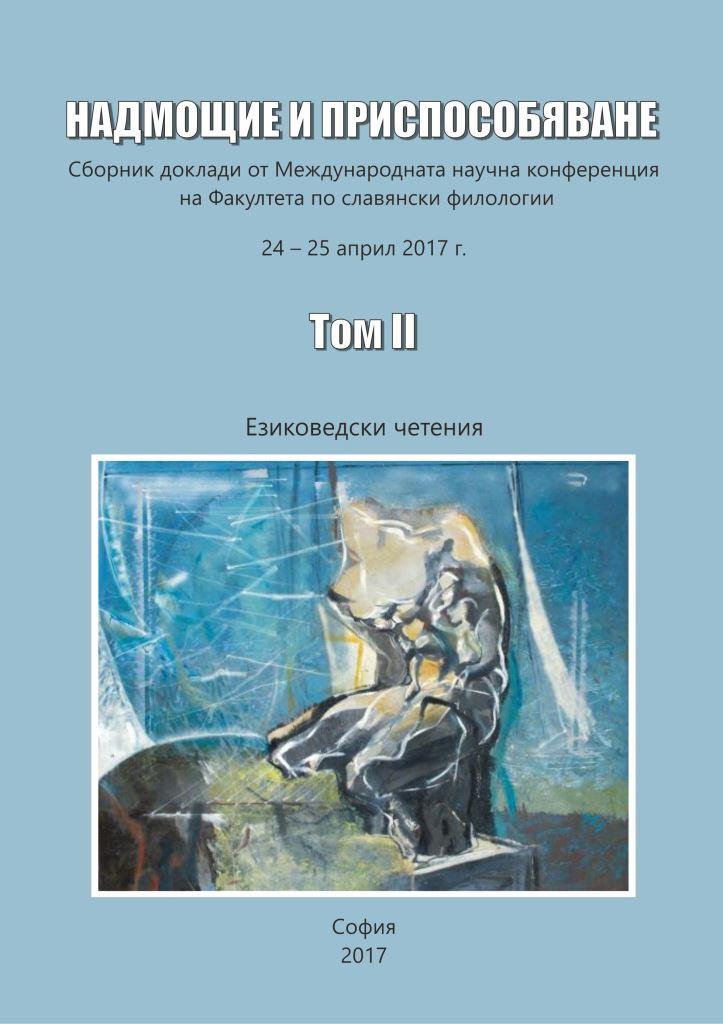ГРАМАТИЧНИ ФОРМИ НА СКАЗУЕМОТО ПРИ ИЗРАЗЯВАНЕ НА УЧТИВОСТ В ОБУЧЕНИЕТО ПО БЪЛГАРСКИ ЕЗИК КАТО ЧУЖД
GRAMMATICAL FORMS OF THE PREDICATE IN EXPRESSING POLITENESS IN THE TEACHING OF BULGARIAN AS FOREIGN LANGUAGE
Author(s): Venera Mateeva-Baycheva
Subject(s): Language and Literature Studies
Published by: Факултет по славянски филологии, Софийски университет »Св. Кл. Охридски«
Keywords: lingodidactic; polite speech; linguistic forms of politeness; verb and politeness in Bulgarian language; context; Вulgarian as foreign language
Summary/Abstract: The article is devoted to one of the most important aspects in the process of learning Bulgarian as a foreign language - the interaction between language and culture. Foreign language learning is deeply linked to the student’s comprehension of the concepts of community and culture and the adherence to it. An important segment of the culture are the norms of politeness and the linguistic forms that express them, which serve as a specific code of communication. We are interested in the usage of lexical meaning in context and the choice of grammatical forms of politeness. They are treated as an indicator of linguistic politeness and cultural competence in the speech of foreigners, who are studying Bulgarian language. In view of the selected label units, a conclusion has been made about the used forms of polite speech and the typology of the contextual and morphological errors occurring in foreigners’ answers.
Book: Надмощие и приспособяване
- Page Range: 370-379
- Page Count: 10
- Publication Year: 2017
- Language: Bulgarian
- Content File-PDF

